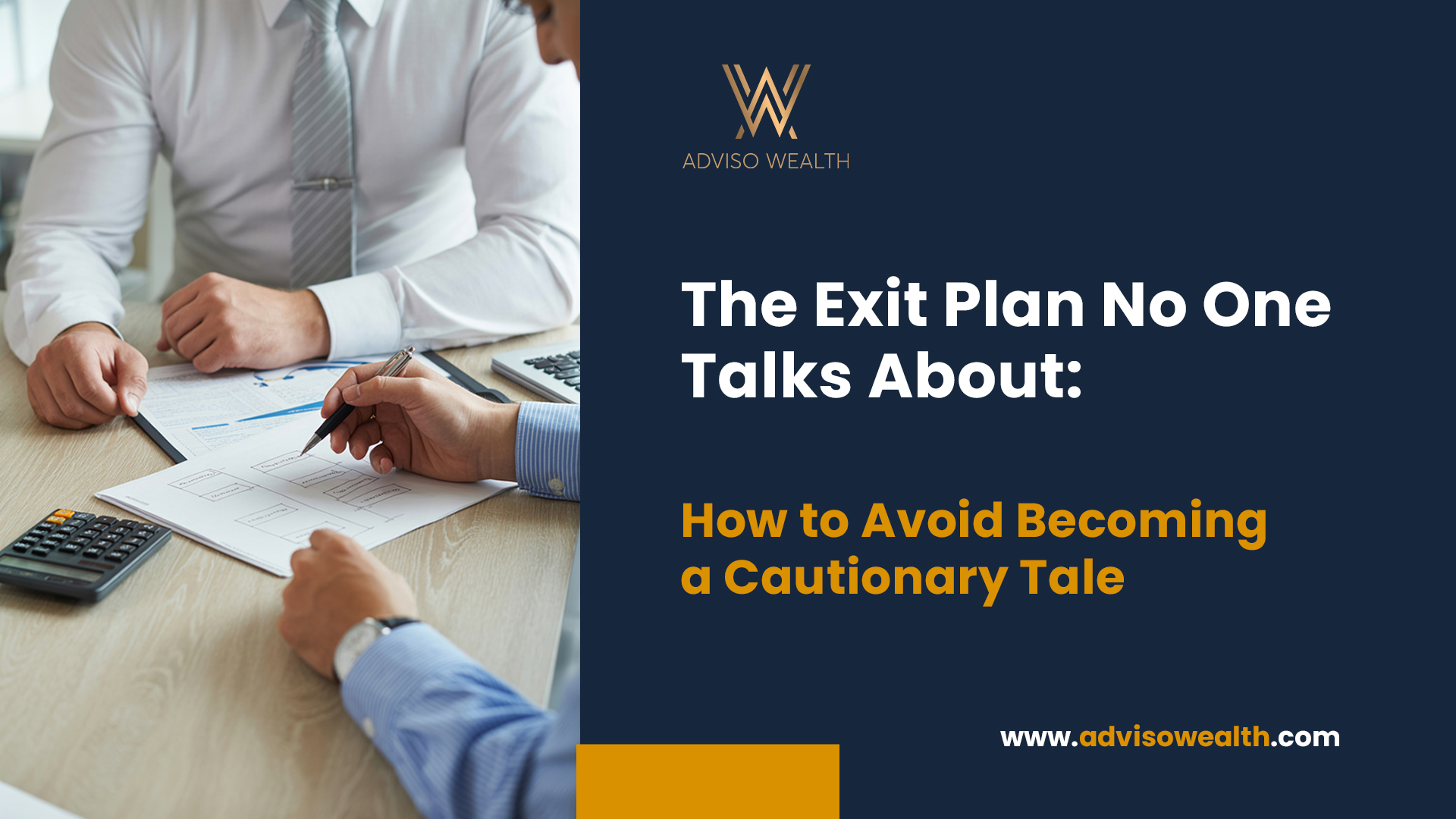You built your business with grit, strategy, and sacrifice.
Don’t let your exit be an afterthought.
I help business owners like you create clarity, control, and confidence around the biggest financial event of your life.
It starts with a simple conversation—a Clarity Session.
We’ll:
- Talk through your goals (financial and personal)
- Identify risks and gaps in your current situation
- Explore realistic, tax-efficient exit strategies
- Help you see what’s possible—and what’s next
No pressure. No jargon. Just real talk from someone who’s walked this road with business owners like you.
Your legacy deserves better than guesswork.

